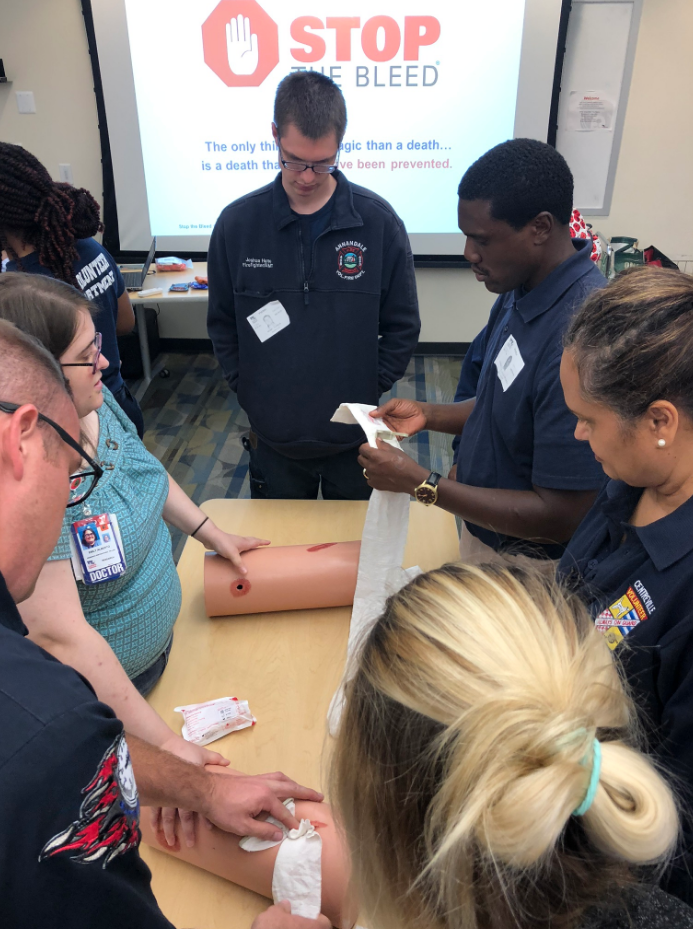
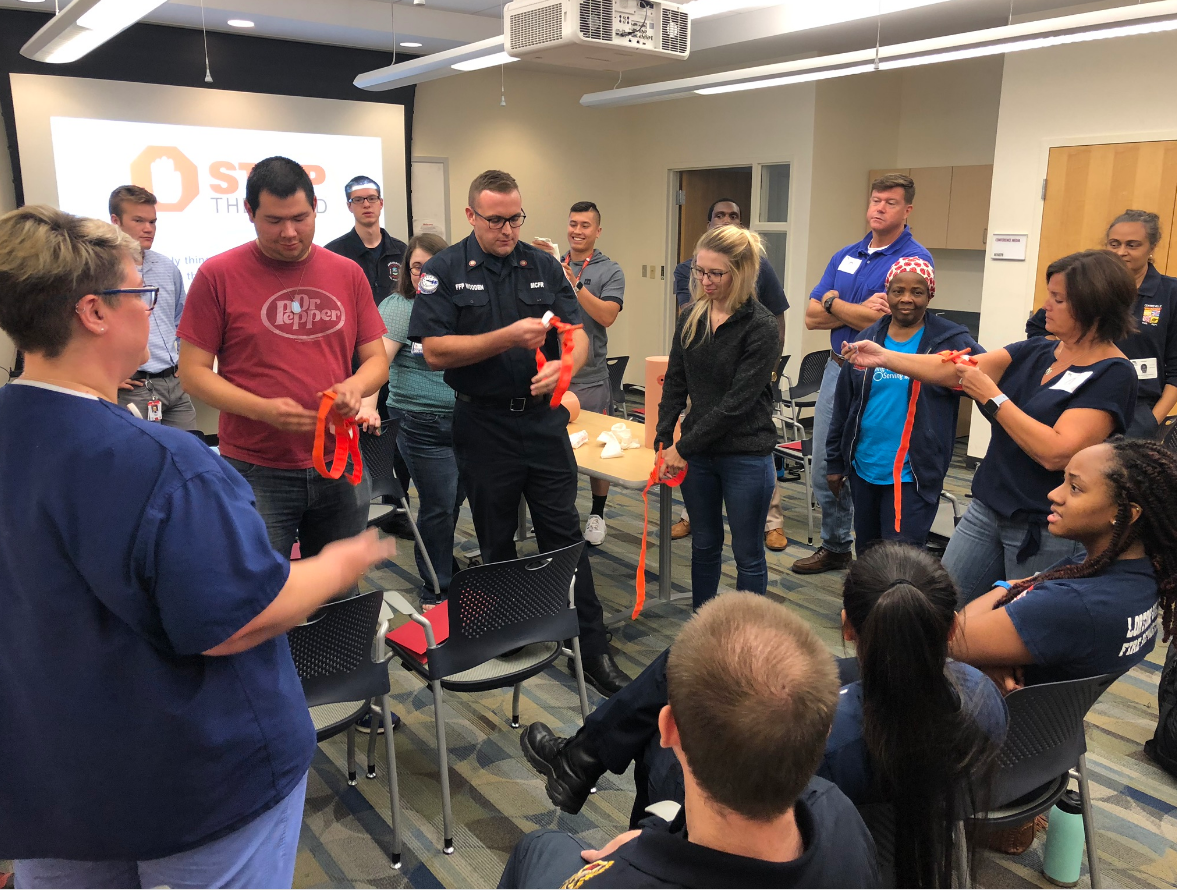
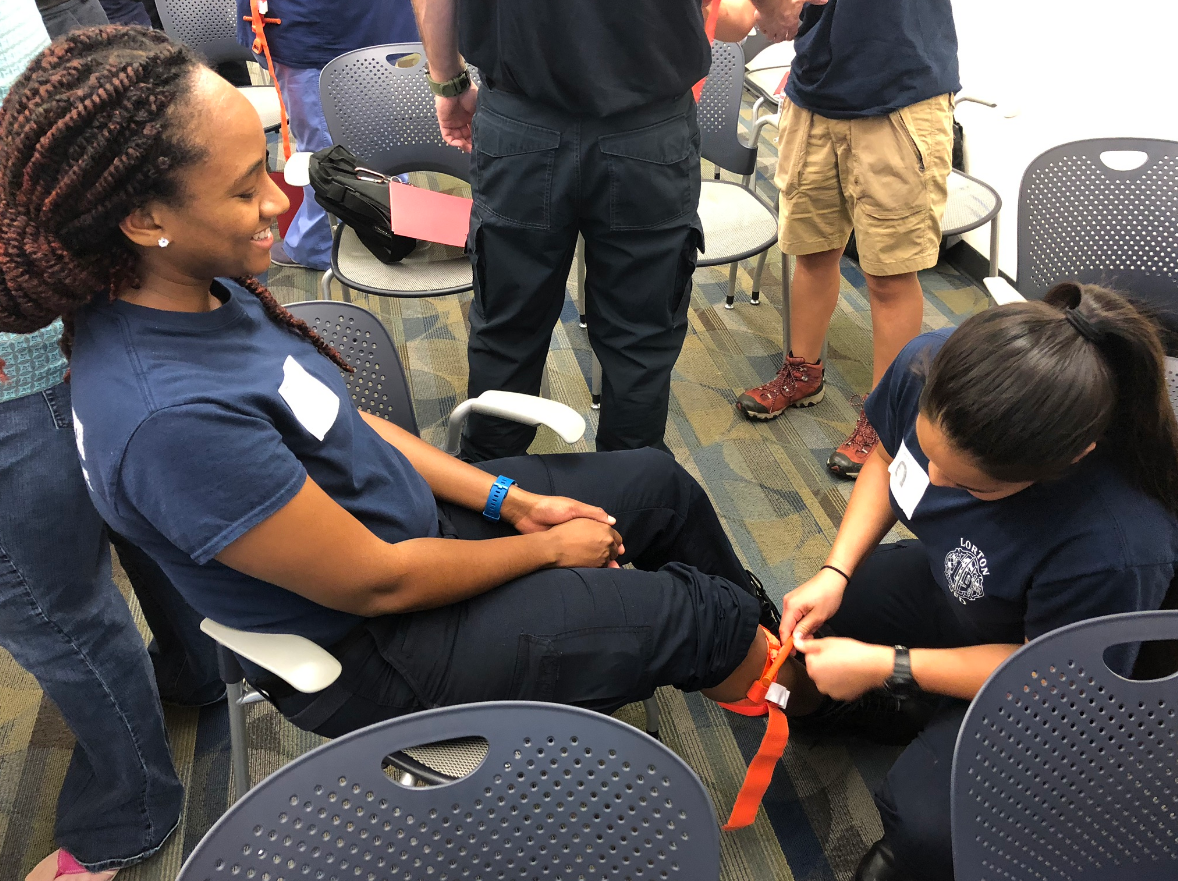
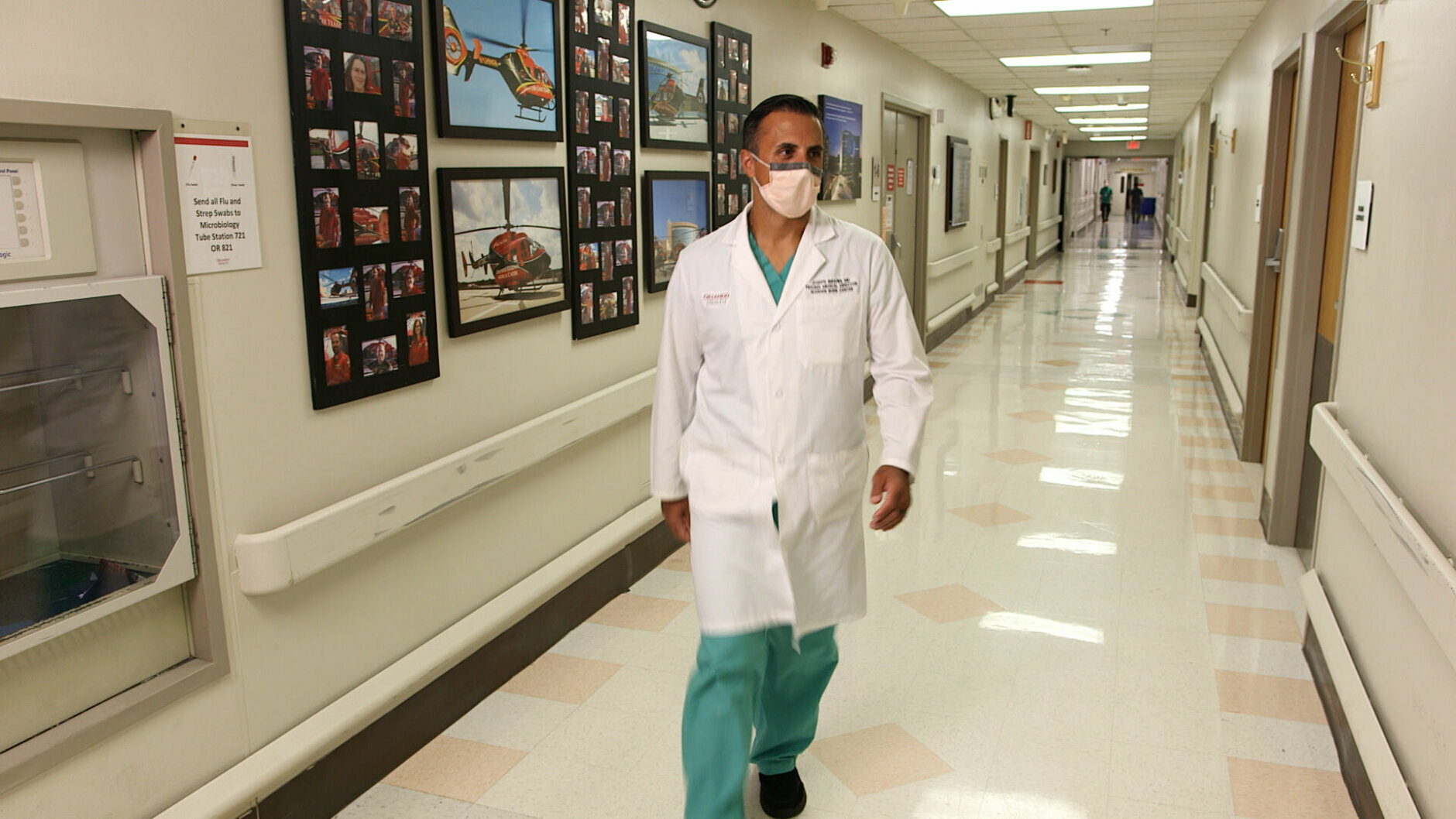
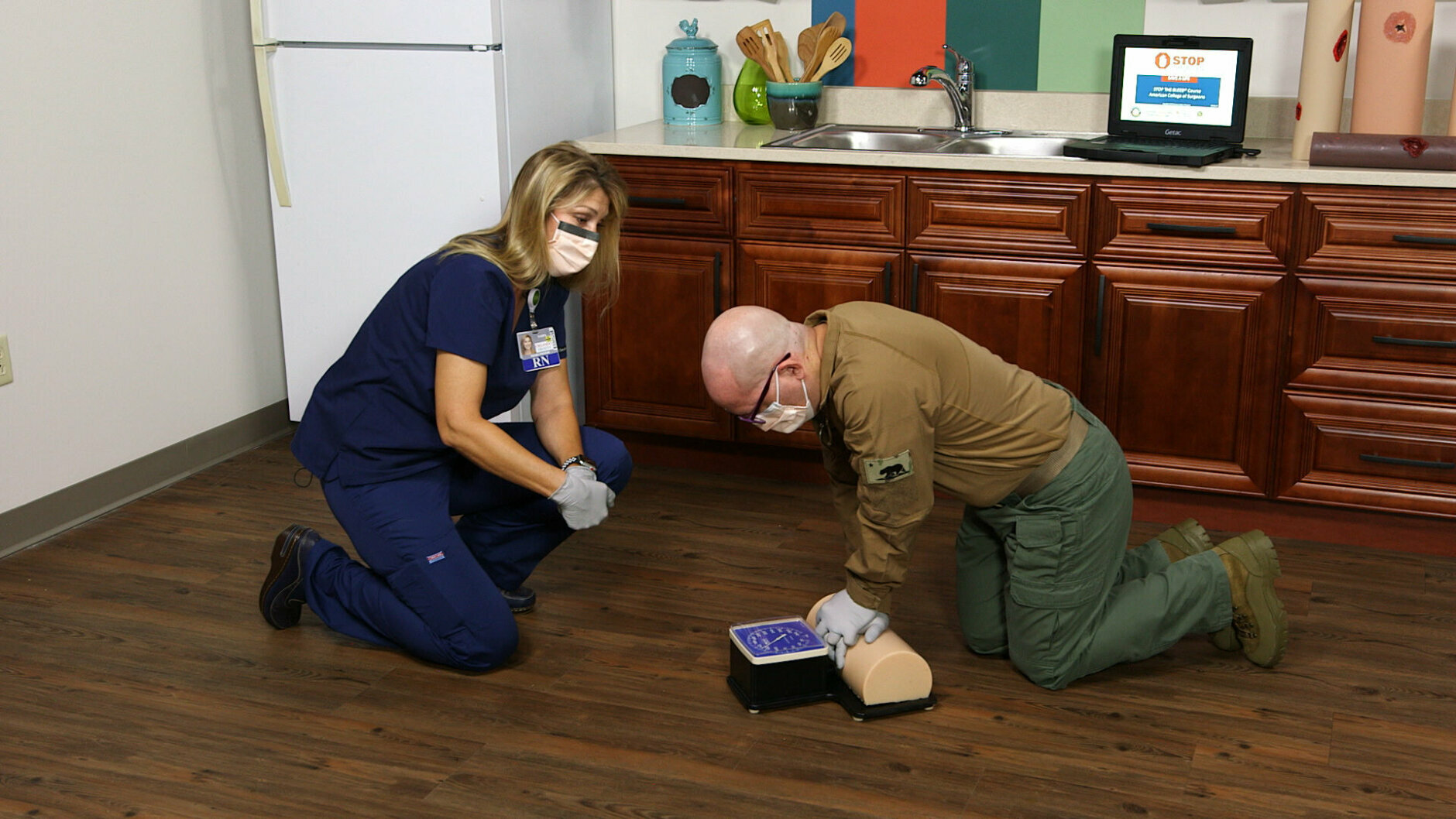
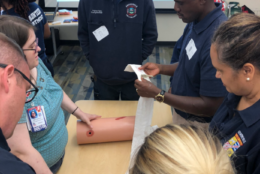
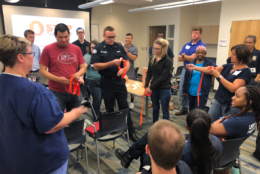
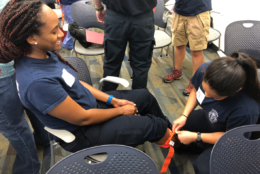
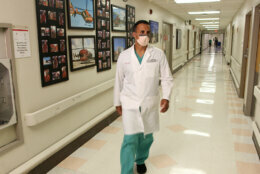
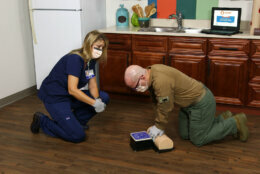
Uncontrolled bleeding can be deadly within five minutes, and when someone is severely wounded, the best “first responder” on the scene might be you.
The “Stop the Bleed” program trains average people basic skills that can help save lives and improve outcomes.
“This whole premise came from the Sandy Hook experience,” said Dr. Joseph Ibrahim, trauma medical director at Orlando Regional Medical Center in Florida.
The 2012 shooting at Sandy Hook Elementary School in Newtown, Connecticut, killed 20 students and six adults.
“They looked at those injury patterns and found that we could do more (to answer) how do we really teach the ‘true’ first responder who unfortunately is going to be the other victims at the scene, not the EMS provider,” Ibrahim said.
You can find quick tips for how to Stop the Bleed on the Fairfax County, Virginia, website.
Now, with more than 1 million people trained by the program, Ibrahim said there’s evidence it works, and he cites multiple examples.
“We’ve seen it in action, which is the great thing,” he said. “We’ve seen people who come across motorcycle crashes; people whose neighbors have fallen off ladders; or family members involved in motor vehicle crashes.”
“We’ve seen patients who have fallen in the grocery store and cut their forearm on glass and luckily someone who had proper training was there to intervene,” Ibrahim said.
When people get trained to “Stop the Bleed,” Ibrahim said some are surprised by how much pressure it can take.
“People tend to think that I can just lay a dressing over the top of the wound and put my hand on there and that’s going to be enough,” he said. “To actually slow down or stop the bleeding, it uses a lot of people’s entire body weight at times to do this.”
If there’s a wound with deep space to it, you need to stuff it.
”You can use a sock; you can use a shirt; you can use any material that would fill that space,” then lean over it and use your weight to apply as much pressure as possible, Ibrahim said.
“That creates what we call in medicine a tamponade effect, a real pressure from all areas onto the wound,” Ibrahim said.
Some people are reluctant to apply a tourniquet to stop bleeding, fearing they’ll hurt the person, but Ibrahim said research shows no one has lost a limb caused by tourniquet application in cases when the tourniquet has been on for two hours or fewer.
Children’s National Hospital in D.C. taught free “Stop the Bleed” classes before the pandemic, but on-site instruction is canceled until further notice due to the inability to properly social distance.
“’Stop the Bleed’ is a simple, practical class in which everyone can learn how to save a life,” said Cindy Colson, a nurse at Children’s National Medical Center.
“Children’s National is proud to offer this class monthly at their main campus free of charge. Classes will resume once it is safe to do so,” Colson said.
“The life you save may be your own loved ones,” said Ibrahim, advising people to learn what they can.








